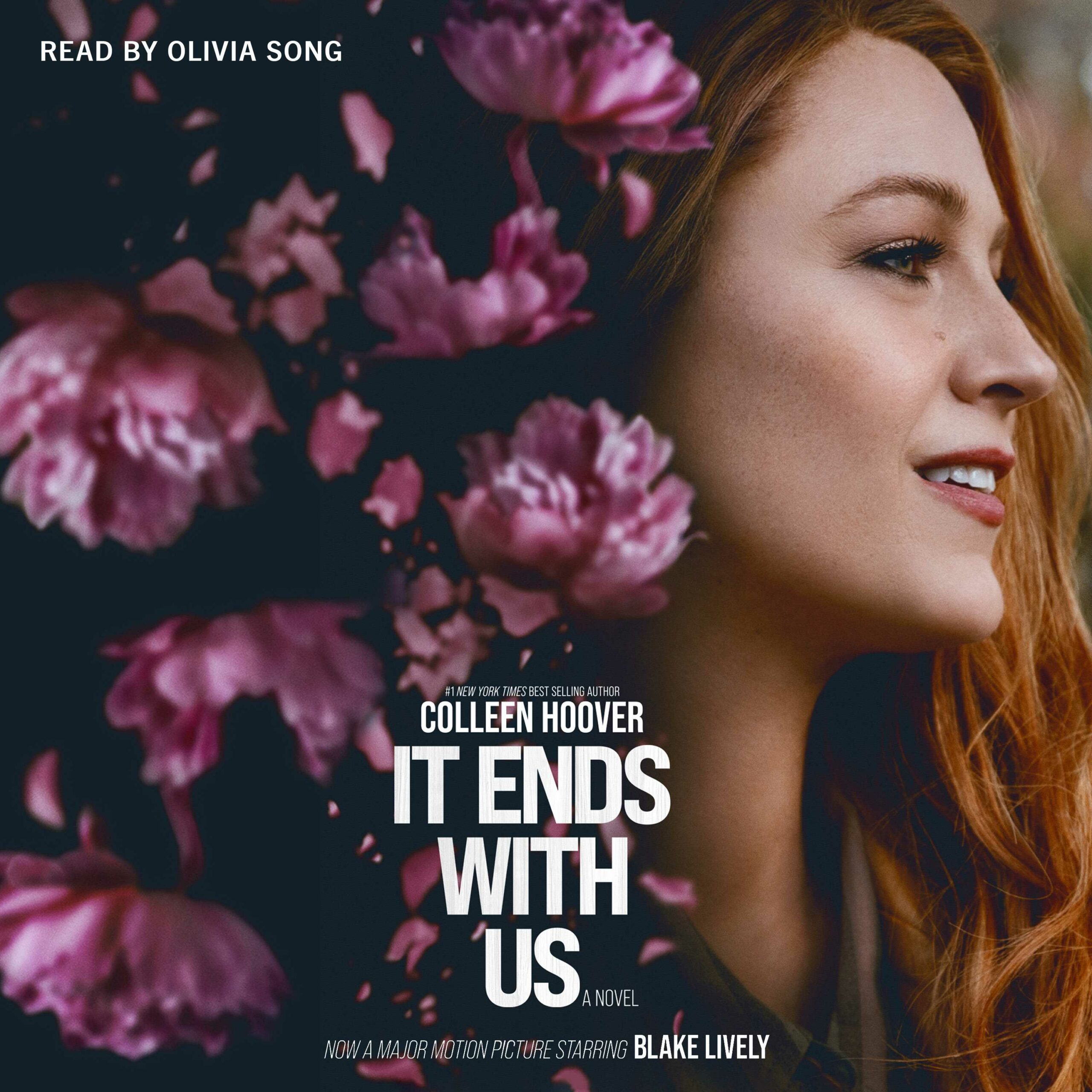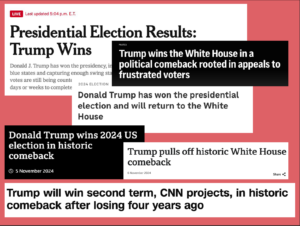The excitement around It Ends with Us quickly shifted from anticipation to controversy following its release on August 9. What started as a beloved book by Colleen Hoover quickly turned into a film adaptation that left many disappointed. The adaptation has sparked serious conversations about how the media represents sensitive topics like domestic violence, an issue that deserves careful treatment.
The first criticism came with casting. While Blake Lively and Justin Baldoni are talented actors, casting them as Lily and Ryle felt odd. Fans expected younger actors, given that Lily is in her early twenties in the novel. Lively is impressive, but her casting shifted the story’s vibe, making it less relatable to younger audiences. She felt unconvincing as someone supposed to appear close to a young adult, navigating toxic relationships and trauma. In addition, the chemistry between the leads seemed forced, which is critical for a story that revolves around such intense, emotional relationships.
Another issue is the marketing. The press tour for It Ends with Us pitched it as more of a lighthearted romantic comedy. Blake Lively even launched a haircare line around the same time as the promotional push, further detracting from the seriousness of the story. The trailer, featuring an energetic soundtrack reminiscent of a typical rom-com, seemed to gloss over the raw, painful experiences at the heart of the book. This mismatch between marketing and content weakened the gravity of the subject matter.
There is further concern about how the film handles domestic violence. The novel does a powerful job of capturing the emotional rollercoaster of Lily’s suffering. However, turning the book into a movie requires careful sensitivity. Many of the Gen Z population are hyper-aware of how media influences conversations around serious issues like abuse. The concern is that the film trivialized the trauma instead of encouraging real awareness and empathy, appearing to sensationalize trauma for views rather than create meaningful dialogue.
Justin Baldoni, who also directed the movie, expressed a desire to highlight the feminine voice and dive deeper into the story’s complexities. However, based on reviews, it seems that overall balance may have been lost in translation. Hoover’s It Ends with Us is still fresh in readers’ minds, and the book’s raw emotional pull made it a bestseller. But with the film industry pumping out book-to-movie adaptations faster than ever, there is a fear that this adaptation will dilute the story’s impact. Moviegoers crave content that reflects our reality, and the film adaptation of It Ends with Us focuses more on commercial success rather than on telling a story that resonates authentically with audiences.
Ultimately, the controversy around It Ends with Us is about more than casting choices or mismarketing. More importantly, how Hollywood handles impactful stories, especially those that resonate deeply with young people, is what matters the most.
Promotional poster for the new It Ends with Us movie based on Colleen Hoover’s well-known novel, starring Blake Lively as Lily Bloom. [Image Credit: Sony Pictures]






Be First to Comment